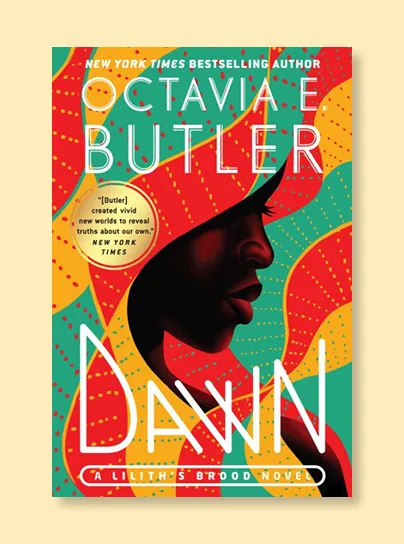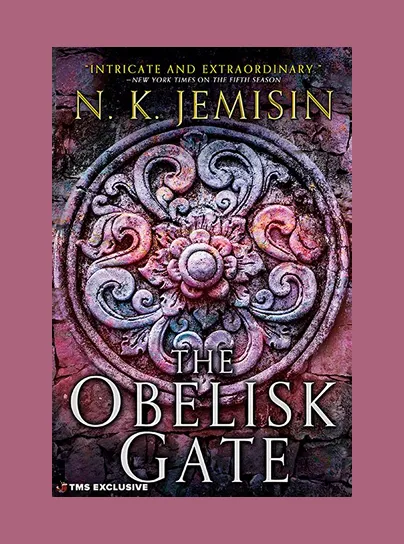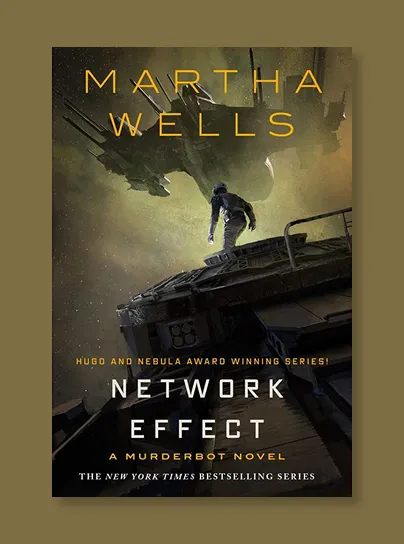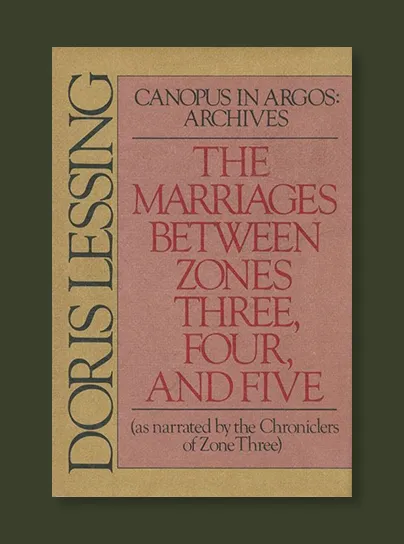
Dawn
Book 1 of the Lilith's Brood series
This book is intense. I absolutely could not put it down.
Something happens when I read a book by Ms Butler: I get so into the character that the entire time I'm asking myself what I would do in that situation. The same dynamic occurred when reading her other book, Kindred. That’s partially what makes the heart pound, but it’s more than that.
“Before we found these plants,” Kahguyaht said, “they used to capture living animals and keep them alive for a long while, using their carbon dioxide and supplying them with oxygen while slowly digesting nonessential parts of their bodies: limbs, skin, sensory organs. The plants even passed some of their own substance through their prey to nourish the prey and keep it alive as long as possible. And the plants were enriched by the prey’s waste products. They gave a very, very long death.
Lilith swallowed. “Did the prey feel what was being done to it?”
“No. That would have hastened death. The prey . . . slept.”
Octavia Butler writes dystopian stories that are terrifying, but we arrive to that fright in baby steps so small we almost don’t see them. Which isn’t to say that the pacing is slow; it isn’t, the story moves very quickly. It’s just that as soon as something becomes barely tolerable, the goalposts move again.
If humanity’s only option for survival was to cooperate with alien life so hideous that to be in the same room with them caused some humans to kill themselves or to fracture mentally, would you do it? What if the only option for your personal survival was by allowing an alien to circumvent your reproductive process? Would you cooperate or choose to die?
Tate tried this, and the plant obligingly began to swallow her hand. She tugged at her hand, then looked at Lilith, obviously afraid. “Make it let go!”
Lilith touched the plant around her captive hand and the plant released her.
“Now,” Lilith said, moving to one end of the plant. She drew her hands along the length of the plant. It opened in its usual slow way, and she lifted Celene out and put her on the floor where Tate could look after her.
Out of the batch of people the alien race rescues from humanity's final and devastating war, they find one exceptionally tough woman, Lilith, who has mental and physical strength in spades.
After a long period of solitude, discussion, and despair, she decides to cooperate with them. Not because she really wants to let them touch her but because she wants to gain as much knowledge as she can about this alien culture so that she (or her children) might have a chance to see humans escape their captivity.
The science-fictiony bits of the story are masterful. She has created an entire fantasy world with very clever concepts that include genetic manipulation, direct nerve stimulation, the use of pheromones to manipulate, a sentient space ship, a third gender that facilitates reproduction, growth and healing, and conscious evolution over great spans of time.
As a bonus, she also throws in the idea that humanity’s greatest bodily threat could be so interesting to an extra-terrestrial culture that they would save us in order to have access to it.
Allison’s ooloi went to her, became the first to touch the human it had come to retrieve. It spoke very quietly. Lilith could not hear what it said, but after a moment, Allison sighed and offered it her machete. It declined the knife with a wave of one sensory arm while settling the other arm around her neck. It drew her back behind the line of Oankali where Lilith stood with Nikanj.
This is a fabulous book. While reading it, I felt sad that I had only recently discovered this author whose books are like a precious mineral deposit which is finite. She is my new favorite author! I want to gobble up everything she has written!
But immediately behind that excitement, there is sadness. I suddenly don’t want to gobble up her books because there will be no more new ones. Octavia E. Butler died in 2006.



